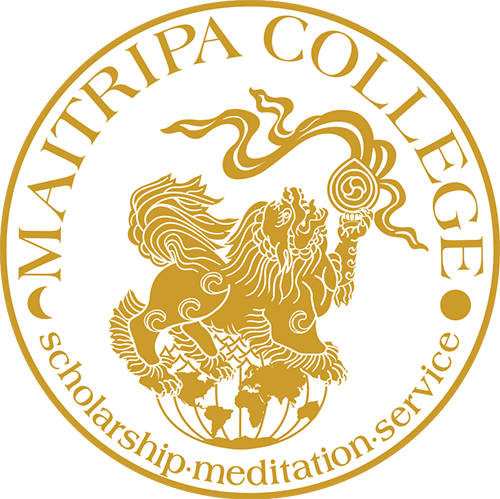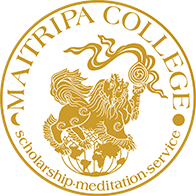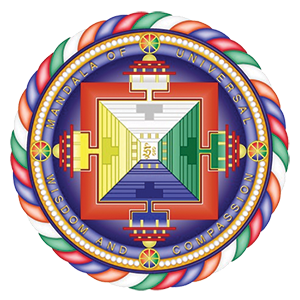(1 credit) The experience of suffering is a gateway for many to the study of Buddhism. In the west, there is a common root of that suffering which propels exploring dharma but which is rarely named and discussed, although it can deeply affect the health of individual spiritual development and spiritual communities: trauma. In this course, we will look at Buddhism through the lens of trauma, starting with considering the life of the Buddha himself as informed by the traumatic witnessing of old age, sickness, and death, his quest for healing through meditation and spiritual practice, and his post-traumatic growth. The course will explore Buddhist figures, Buddhist meditation practices, and, to a lesser degree, Buddhist-inspired trauma interventions, to consider a spectrum of traumatic wounding, appropriate religious practices for persons healing from trauma, and trauma-informed spiritual care, practice, and leadership. In the latter, the course will develop an understanding of how awareness of the signs and symptoms of traumas illumine obstacles in Buddhist practice and improve skillfulness in communicating dharma and responding professionally as caregivers, spiritual leaders, or chaplains.
Note: this course is not intended to assist in the diagnosis, treatment, or management of trauma, and will not offer or teach how to do trauma interventions. The course is not for self-help, self-improvement, or group psychotherapy, but provides an academic understanding of the intersections and interactions of trauma and Buddhism. If you are actively suffering from a trauma disorder, this course may not be appropriate for you. The instructor and College reserve the right to withdraw enrollment and recommend support measures to anyone who demonstrates inability to participate in the course as designed.



